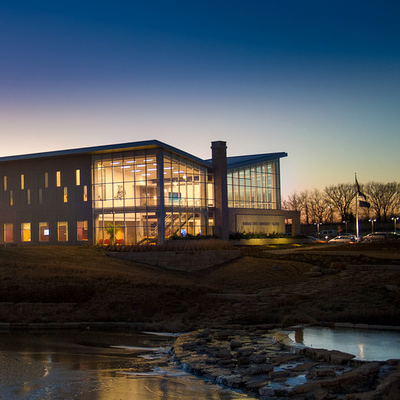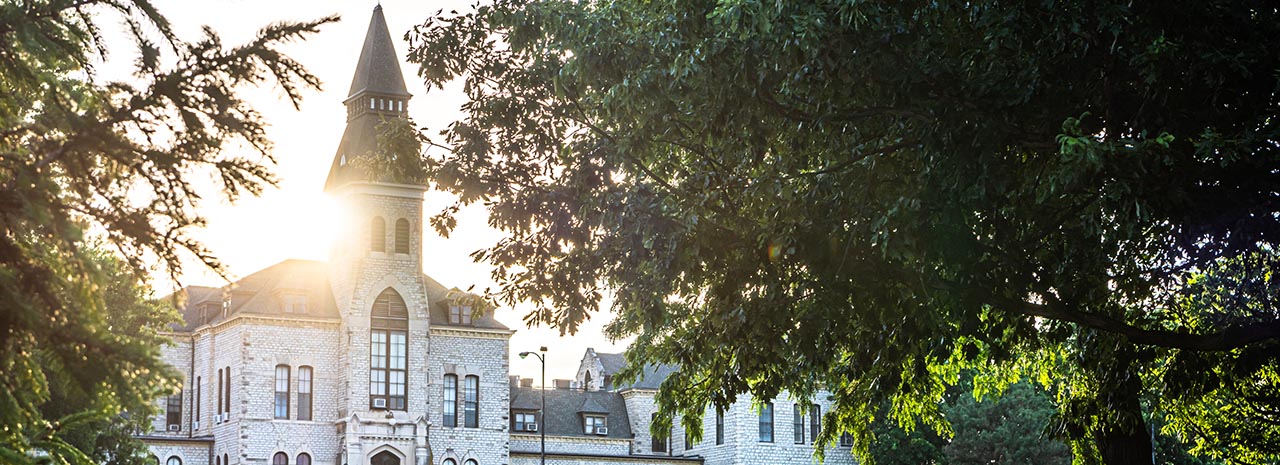
About Kansas State University
Welcome to the next-generation land-grant university with a focus on the future.
2025
2025
2024
2022
Quick Facts
- Founded in 1863
- Led by President Richard Linton
- 20,000+ students
- Nearly 4,000 full-time faculty and staff
- 250+ academic programs
- Fight Song: Wildcat Victory
- Mascot: Willie the Wildcat
- School Color: Royal Purple
- Big 12 athletic conference
When you join the K-State family, you are part of a connected community of difference-makers, dream-chasers and problem-solvers. K-Staters pursue the good. Expand expectations. And demand the most from ourselves and our lives. We are the open-minded. The adaptive. The communicators, explorers and intellectual adventurers who never shy away from change, knowing that in the right hands, change can lead to something better.
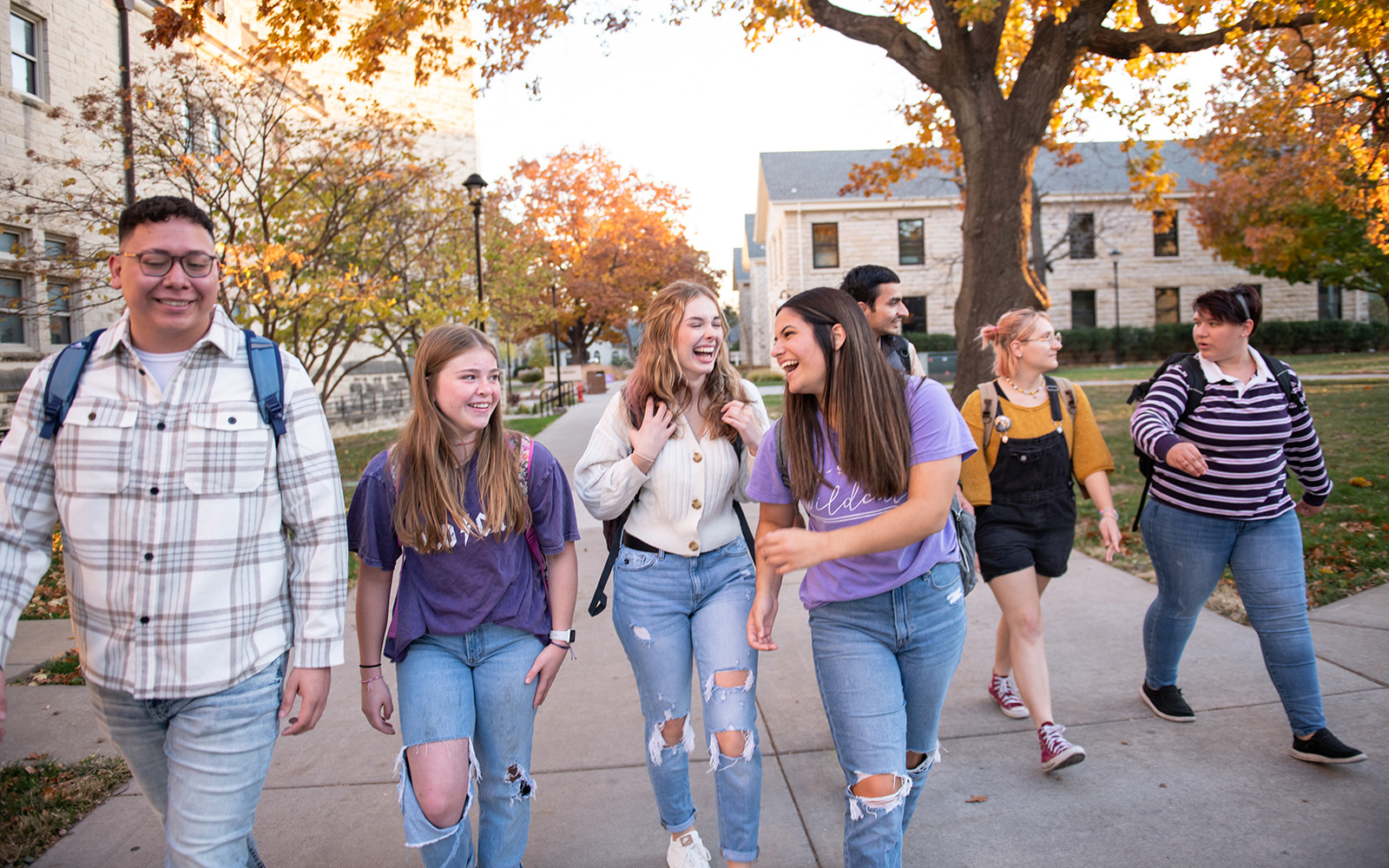
Our Campuses
Our campuses are rich with history and each provide a unique college experience to our students. Kansas State University offers three physical campuses in addition to our online offerings via K-State Online. Each campus has its own strengths and specialties, but we are all connected by our shared values and land-grant mission of teaching, research and service.
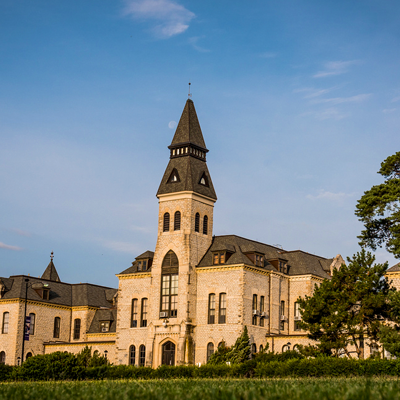
Our flagship campus established in 1863, rooted in the land-grant mission of educational access and opportunity.
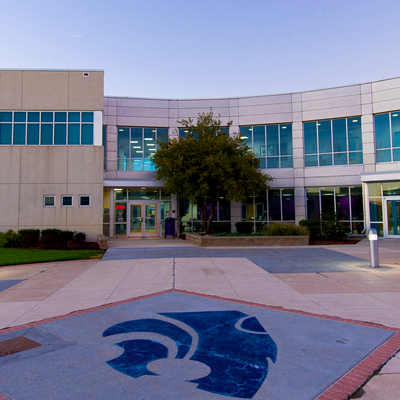
Centered around the student experience emphasizing innovative learning, real-world experiences and industry connections.
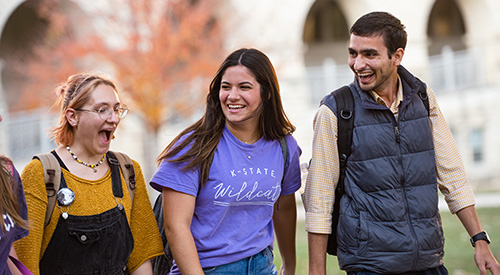
The Purple and the White
From Wabashing in the stands while supporting our student athletes to eating Call Hall ice cream year round, we hold tight to the traditions that built us.
